From Zoe Pilger’s interview with Richard Deacon in this month’s Apollo:
Richard Deacon’s gift is to combine the philosophical with the everyday. ‘I was interested at one point in how vinyl flooring can have [the image of] tiling but be flexible, so there was a contradiction between its substance and its appearance. And I thought that had a strong link to bits of Christian ideology about the relationship between substance and appearance.’ He describes his fascination with the holes in Swiss cheese, ‘particularly the relationship between the hole and the material surrounding the hole, wondering what it would be like if the holes were so big that there wasn’t any cheese. A number of those wooden works in the ’90s actually came from standing in the supermarket and looking at cheese.’
After is comprised of holes. ‘Light passes through the steel bit because it’s got holes in it, and it also reflects light. Whereas the wooden bit is a hollow tube, so light passes through it, but it has shadow and more complexity.’ The idea of enfolding is also important in Deacon’s work. ‘One of the reasons why the works have been hollow or transparent or have spaces in them is in part to invite you to either mentally or even physically to enter them and to be kind of enclosed within them.’ […]
I ask Deacon what personal event has most impacted upon his art. ‘Apart from being born?’ He thinks for a moment. ‘While I was on Foundation, my mother became ill with motor neurone disease. It’s a horrible disease. It robs you of everything except your intelligence. She got a typewriter that she could drive with a cursor on the screen by nodding her head and selecting a letter and then nodding twice to make it type. In the first year at Saint Martins, I couldn’t communicate with her. I couldn’t truly understand what she said because she couldn’t really control her voice.’ He pauses. ‘So if I was in prison, she was in prison. I think there was some connection between those two different kinds of experiences. Hers, obviously much more traumatic. In the second term of my second year at Saint Martins, I suddenly got a letter from her. It was only three lines long, but it was the first communication I’d had. It was like she’d come back. I think that had a big impact on the way I thought about language, and the relationship between language and personality, and the idea of the human.’ […]
Richard Deacon was interviewed by Zoe Pilger in Apollo’s February issue.
The exhibition, ‘Richard Deacon’ is at Tate Britain, London, until 27 April.
Click here to buy the February Apollo
Unlimited access from just $16 every 3 months
Subscribe to get unlimited and exclusive access to the top art stories, interviews and exhibition reviews.

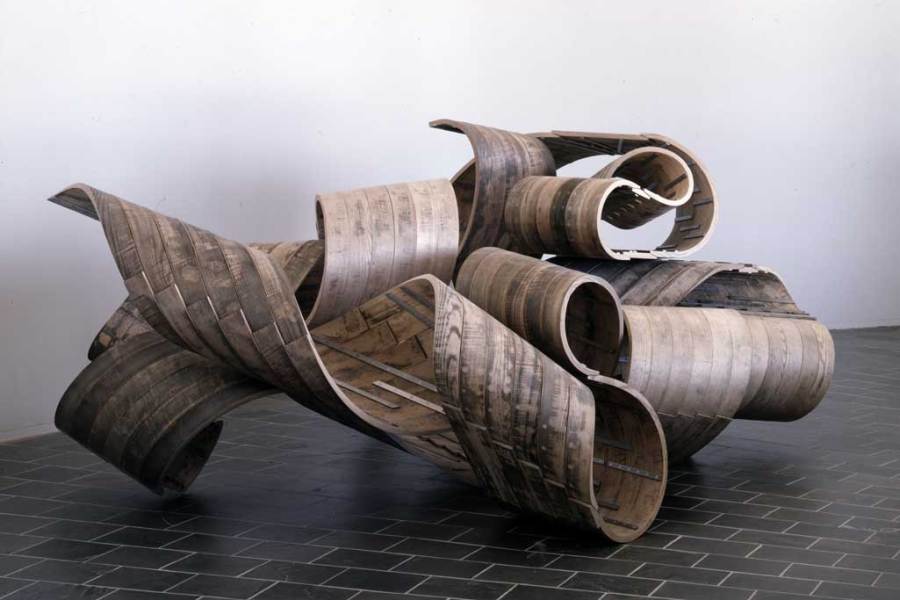
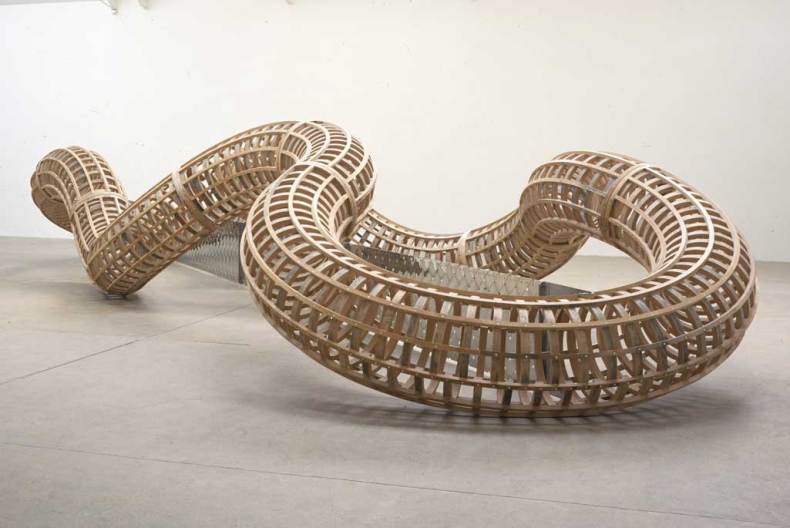
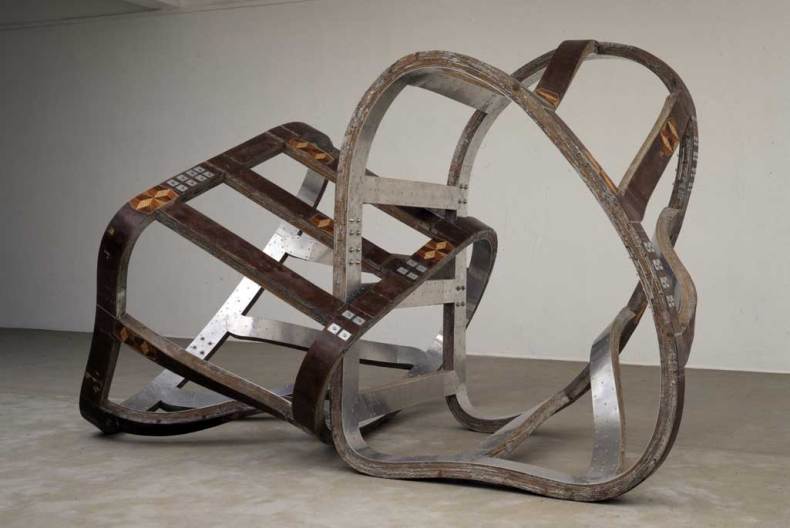
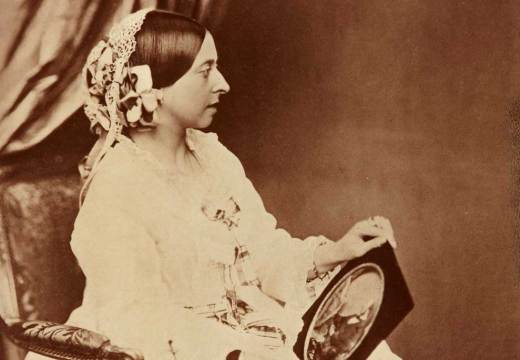
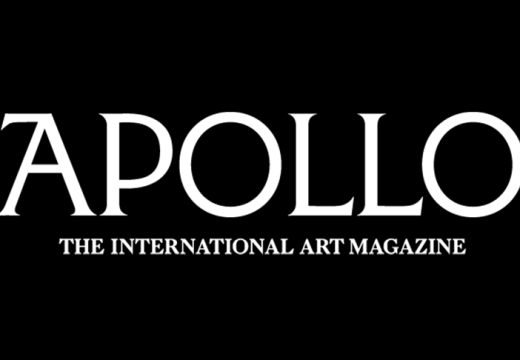
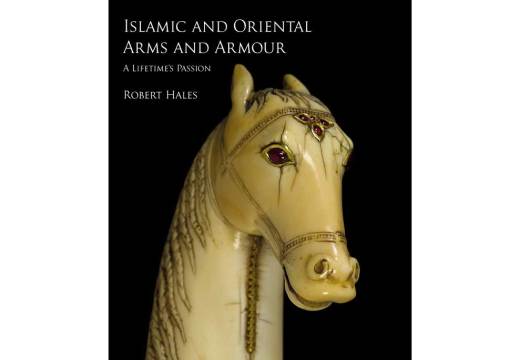








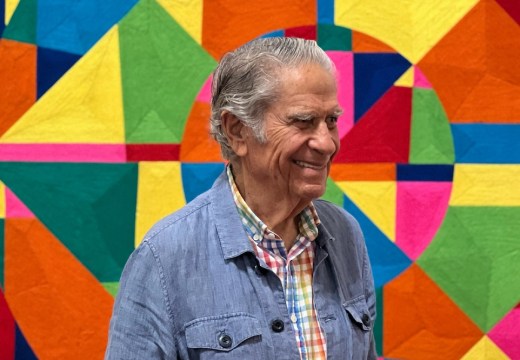
![Masterpiece [Re]discovery 2022. Photo: Ben Fisher Photography, courtesy of Masterpiece London](http://www.apollo-magazine.com/wp-content/uploads/2022/07/MPL2022_4263.jpg)
It’s time for the government of London to return to its rightful home